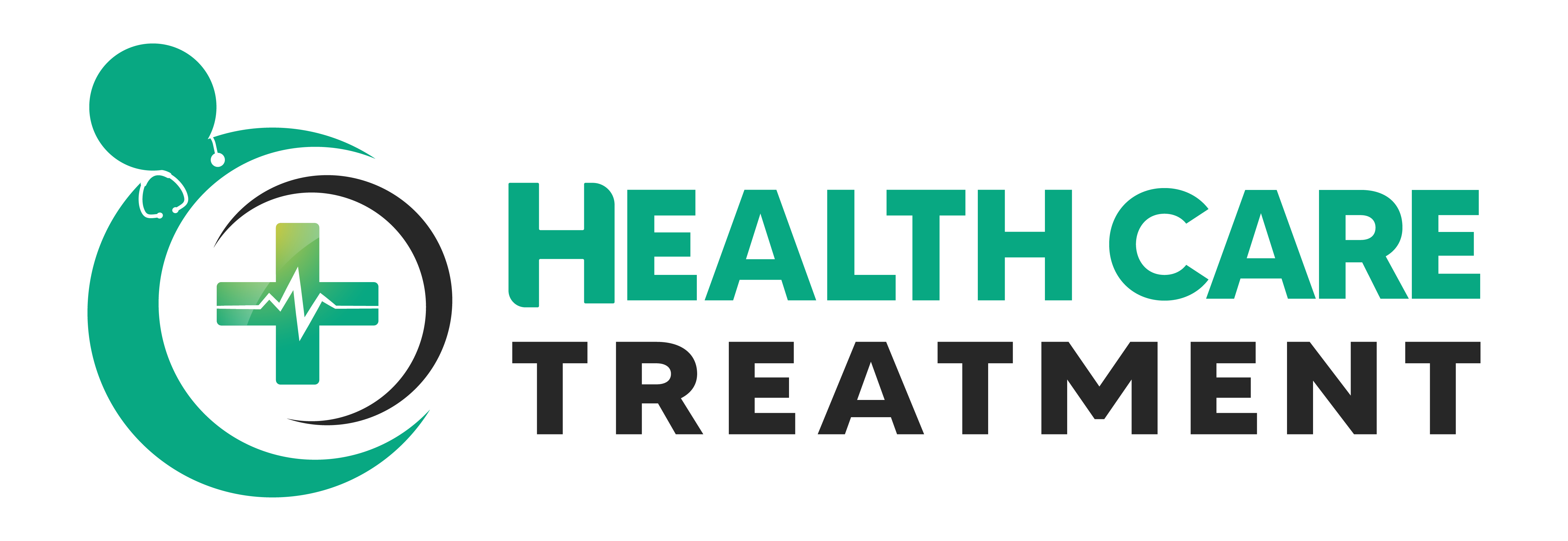21 Feb, 2024 | Stephen Andersen | No Comments
Comprehending the Use of Antifungal Drugs: A Comprehensive Guide

When it comes to fungal infections, finding the right treatment is crucial for effectively combating the condition and preventing its recurrence. While over-the-counter remedies may offer temporary relief, severe or persistent fungal infections often require a more potent solution: antifungal drugs. In this guide, we’ll explore what they are, how they work, and the best practices for using them to achieve optimal results.
Understanding Antifungal Drugs
They are medications specifically designed to treat fungal infections by targeting the fungi responsible for the infection while minimizing damage to healthy cells. These drugs work by either inhibiting the growth of fungi or killing them outright, depending on the type of infection and the severity of the condition.
Types of Antifungal Drugs
There are several types of drugs, each with its own mechanism of action and spectrum of activity. Some common classes of antifungal drugs include azoles, allylamines, and polyenes. Your healthcare provider will determine the most appropriate antifungal medication based on the type and location of the infection, as well as your overall health status.
Using Antifungal Drugs Safely and Effectively
When using antifungal drugs, it’s essential to follow your healthcare provider’s instructions carefully and complete the full course of treatment, even if your symptoms improve before the medication is finished. Skipping doses or stopping treatment prematurely can lead to incomplete eradication of the fungus and increase the risk of recurrence or resistance.
Additionally, be sure to inform your healthcare provider of any existing medical conditions or medications you’re taking, as certain these drugs may interact with other drugs or exacerbate underlying health issues.
Nail Fix Antifungal Treatment
For fungal infections affecting the nails, such as toenail fungus, a specialized treatment known as nail fix antifungal treatment may be recommended. This treatment typically involves the application of antifungal medication directly to the affected nail or nails, often in the form of a topical cream or solution. In more severe cases, oral antifungal medication may be prescribed.
Conclusion
In conclusion, antifungal drugs are a powerful tool in the fight against fungal infections, offering targeted relief and preventing the spread of infection. Whether you’re dealing with a superficial skin infection or a stubborn nail fungus, there’s an antifungal medication suited to your needs. Remember to use these medications as directed by your healthcare provider to maximize their effectiveness and minimize the risk of complications.
